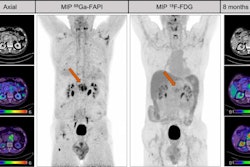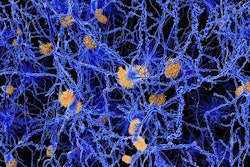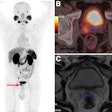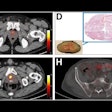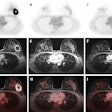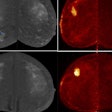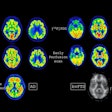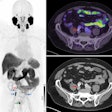Dear Molecular Imaging Insider,
PET evaluations of how radiotracers perform in glioblastoma patients are generating considerable interest right now, as shown by a recent presentation from Australia.
The team presented the latest data from a multicenter trial evaluating F-18 fluoroethyl tyrosine (FET)-PET for adult glioblastoma management. What were the key findings? You can find out in today's top article.
Meanwhile, researchers from Essen in Germany have assessed the accuracy of gallium-68 (Ga-68) FAPI-PET in patients with pancreatic cancer. They found high detection rates and diagnostic accuracy, as well as superior performance to standard imaging.
Staying in Germany, the Ludwig Maximilian University (LMU) of Munich is a leading European center of excellence when it comes to molecular imaging. A new publication from LMU Munich has focused on the optimum use of PET in Alzheimer's disease.
Over the past 20 years, children have benefited from a substantial reduction in PET imaging radiotracer doses without any compromise in image quality, Swiss authors have reported. To get the full story, check out our report.
In other news, ESR past president Prof. Paul Parizel, PhD, nuclear medicine physician Ros Francis, PhD, and colleagues have opened an advanced imaging facility in Western Australia. The center houses an impressive PET/CT scanner.
These news items are just a sample of the material we've posted during the last few weeks in the Molecular Imaging content area. Feel free to contact me if you have ideas for future coverage.






